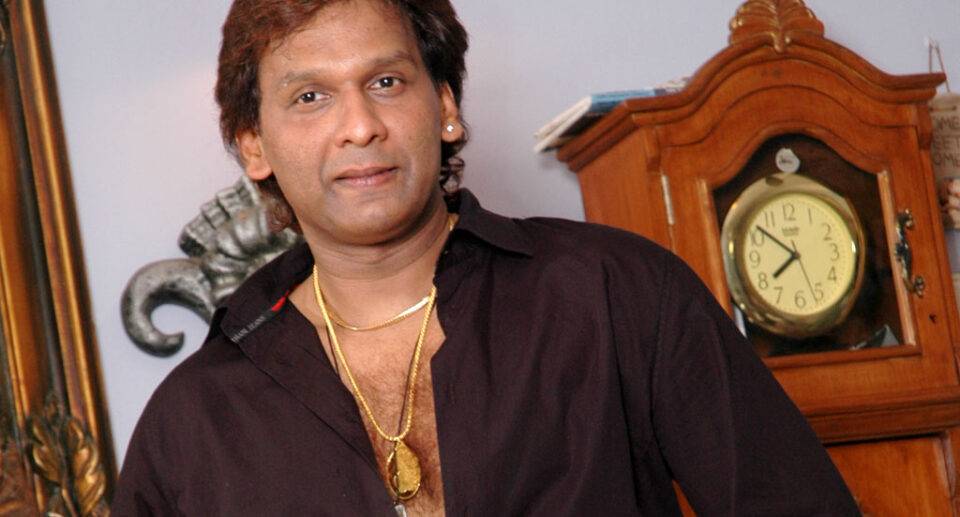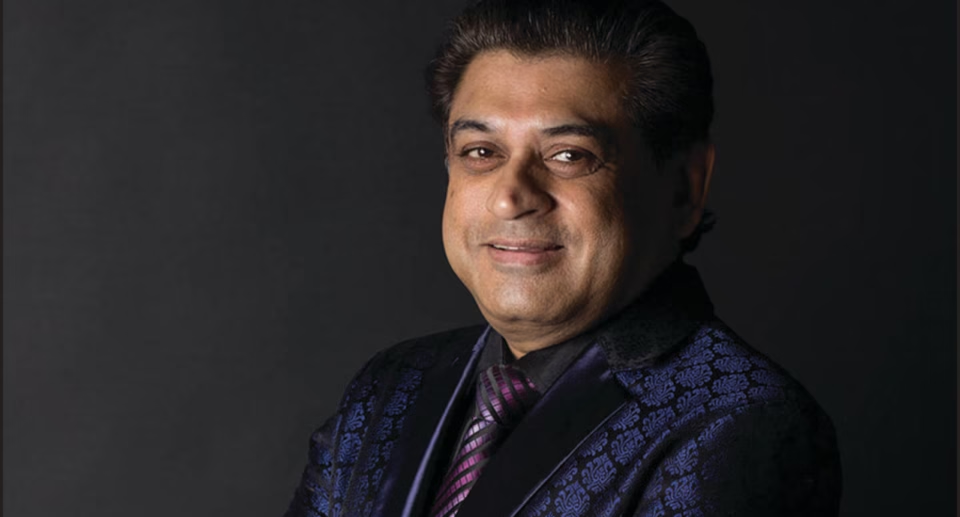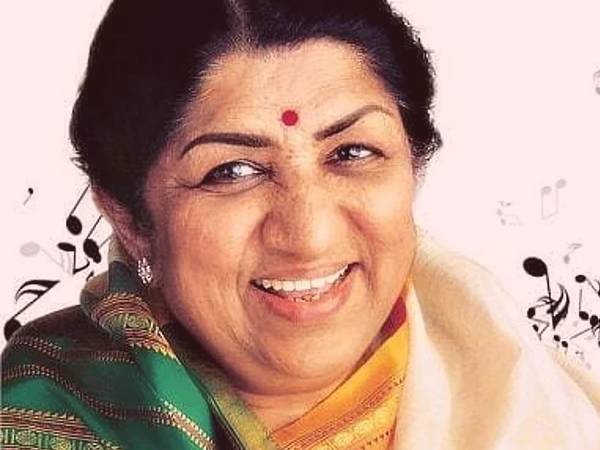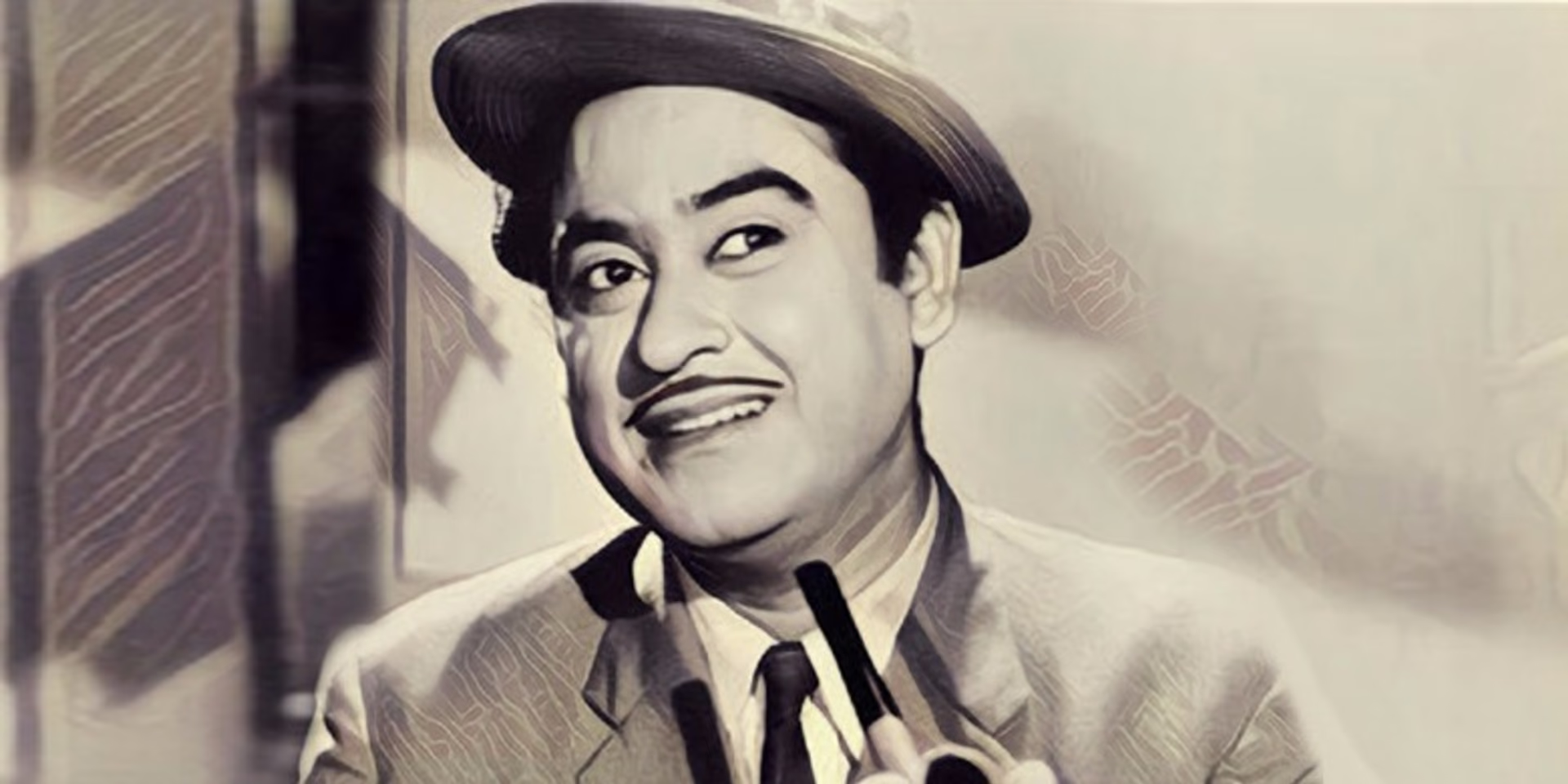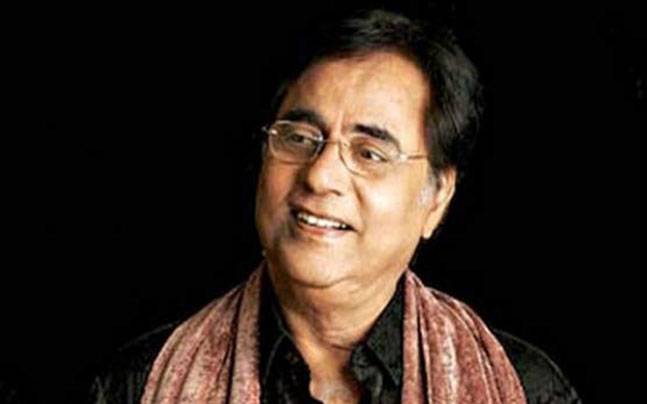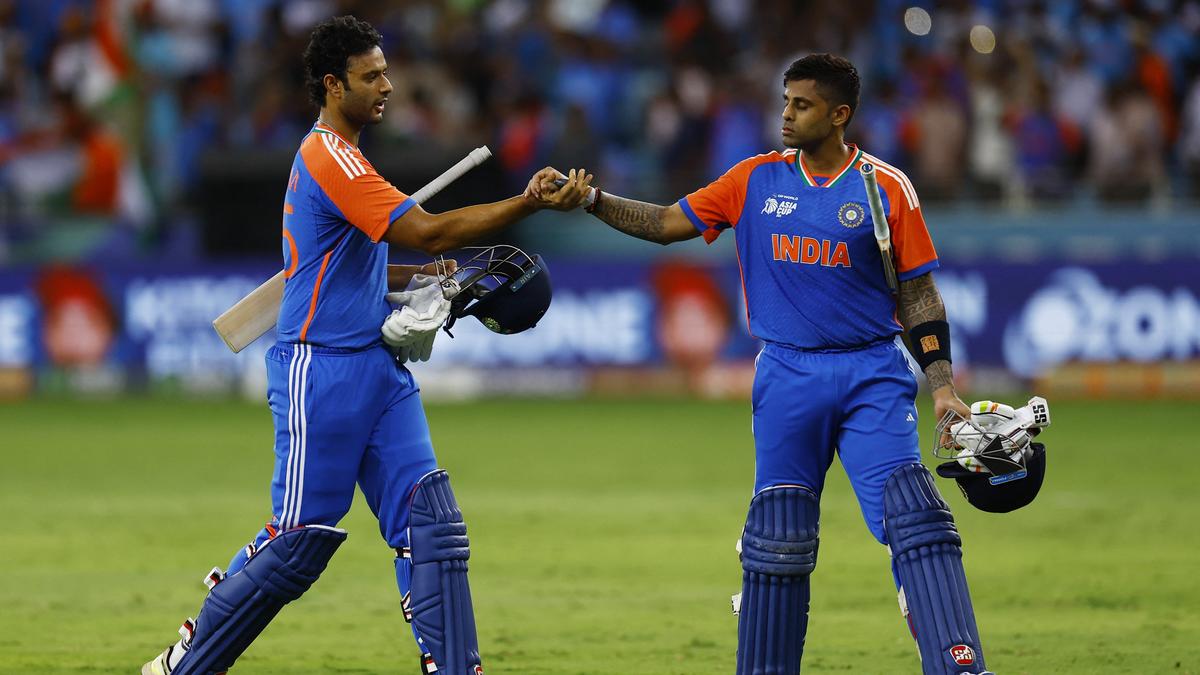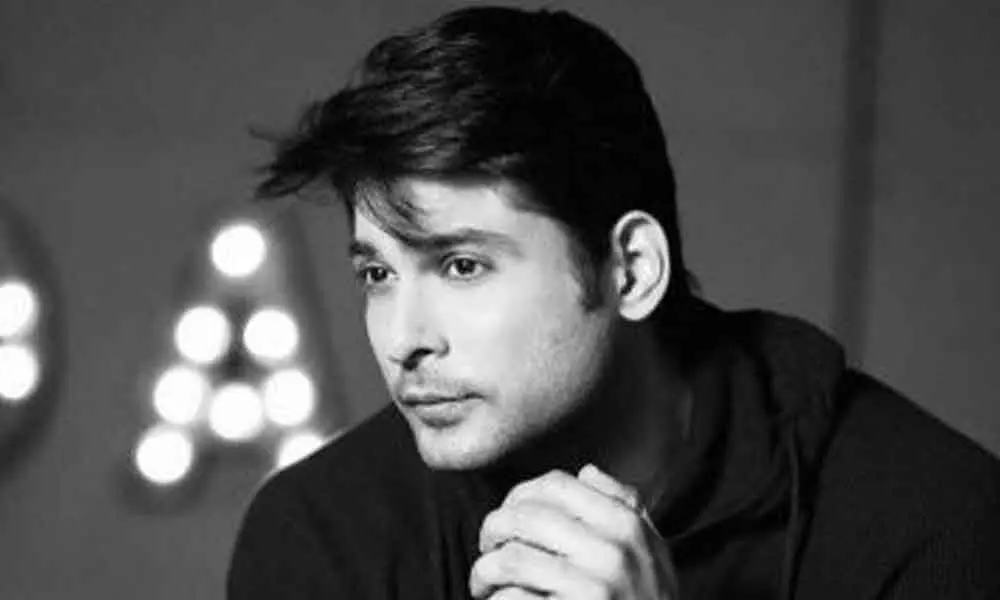Bhupen Hazarika Biography: Life Story, Career, Family, Songs & Achievements
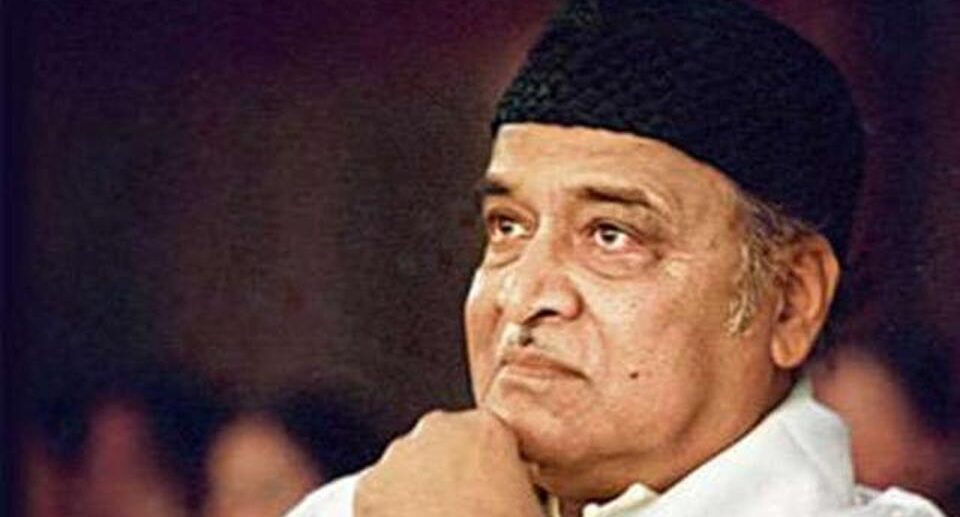
Introduction
Bhupen Hazarika was a legendary Indian playback singer, composer, poet, filmmaker, and cultural icon from Assam. Known as the “Bard of Brahmaputra”, his music was deeply rooted in Assamese folk traditions while carrying universal themes of humanity, brotherhood, and justice. With timeless classics like Dil Hoom Hoom Kare and powerful Assamese compositions, Bhupen Hazarika became one of the most respected voices in Indian music and culture. His work transcended boundaries, making him a symbol of India’s cultural richness.
Personal Information
- Full Name: Bhupen Hazarika
- Date of Birth: 8 September 1926
- Place of Birth: Sadiya, Assam, India
- Date of Death: 5 November 2011 (aged 85)
- Nationality: Indian
- Occupation: Singer, Lyricist, Poet, Filmmaker, Politician
- Zodiac Sign: Virgo
- Spouse: Priyam Hazarika
- Children: Tej Hazarika (son)
Physical Appearance
- Height: 5 feet 7 inches (170 cm)
- Hair Color: Black (later grey)
- Eye Color: Dark Brown
Early Life & Family Background
Bhupen Hazarika was born in Sadiya, Assam, to Nilakanta and Shantipriya Hazarika. Growing up in a culturally rich environment, he was exposed to Assamese folk music from a young age.
He showed immense musical talent early in life and was mentored by Jyotiprasad Agarwala and Bishnu Prasad Rabha, prominent figures in Assamese art and culture.
Education Journey
- Completed his schooling in Tezpur, Assam.
- Graduated in Political Science from Banaras Hindu University in 1946.
- Earned a Master’s degree in Political Science from BHU in 1948.
- Received a Ph.D. in Mass Communication from Columbia University, USA in 1952, where he met and was inspired by American civil rights activist Paul Robeson.
Musical Journey & Career Highlights
Early Career
Bhupen Hazarika recorded his first song at the age of 10, showcasing his extraordinary talent.
Music & Poetry
His songs carried themes of humanity, communal harmony, and social justice. He composed in Assamese, Hindi, Bengali, and other languages, making his music widely accessible.
Bollywood & National Fame
- Famous for “Dil Hoom Hoom Kare” (Rudaali, 1993).
- Composed music for several Hindi films and documentaries.
- His deep, soulful voice and socially relevant lyrics earned him acclaim nationwide.
International Influence
Influenced by Paul Robeson’s We Are in the Same Boat, Brother, Hazarika composed similar socially conscious songs in Indian languages that carried universal appeal.
Awards & Achievements
- Dadasaheb Phalke Award (1992) – India’s highest award in cinema.
- Padma Shri (1977) and Padma Bhushan (2001).
- Posthumously awarded the Bharat Ratna (2019) – India’s highest civilian honor.
- President of the Sangeet Natak Akademi (1999–2004).
- National Award-winning music director.
Political Career
Bhupen Hazarika was also active in politics. He served as an MLA in Assam and contested Lok Sabha elections. In 2004, he joined the Bharatiya Janata Party (BJP).
Personal Life
Bhupen Hazarika was married to Priyam Hazarika, and they had a son, Tej Hazarika. He also had a long companionship with filmmaker Kalpana Lajmi, who played a significant role in documenting his life and legacy.
Legacy & Influence
Bhupen Hazarika is remembered as more than a musician – he was a social reformer, poet, and philosopher who used his music to fight against injustice and promote unity. Known as the “Bard of Brahmaputra,” his legacy lives on through his immortal songs and cultural contributions, not only in Assam but across the world.
FAQs
1. What is Bhupen Hazarika’s most famous Hindi song?
Dil Hoom Hoom Kare from Rudaali (1993).
2. What civilian award was Bhupen Hazarika given posthumously?
The Bharat Ratna in 2019.
3. Did Bhupen Hazarika compose in multiple languages?
Yes, he sang and composed in Assamese, Hindi, Bengali, and more.
4. Was Bhupen Hazarika involved in politics?
Yes, he served as an MLA in Assam and later joined the BJP.
5. Why is he called the “Bard of Brahmaputra”?
Because his songs often celebrated the beauty, struggles, and soul of Assam, particularly the Brahmaputra river.
